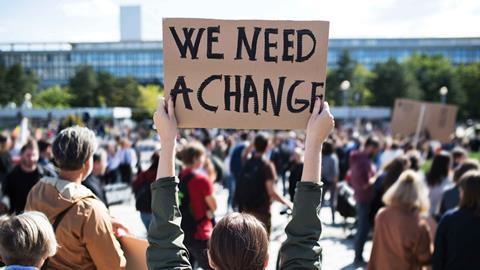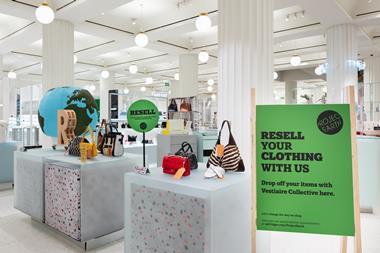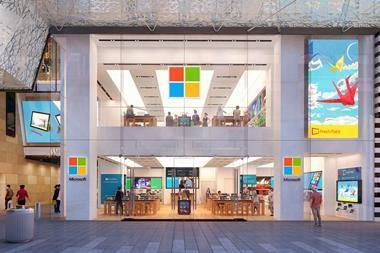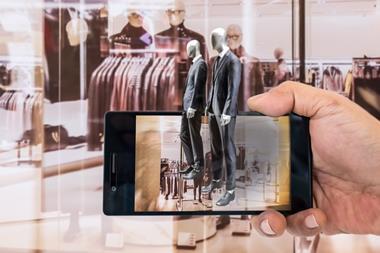The coronavirus pandemic may have dominated the world’s attention in recent months, but the sustainability agenda remains just as critical, says Microsoft’s Kris Shea.
While the current world situation is disrupting our lives and businesses, and in many areas accelerating the progress of digital transformation, the global challenges of sustainability remain and are more important than ever.
As retailers manage the now while planning for what’s next, sustainability will quite rightly continue to feature high on the list.
It is not only the responsibility of all business, but also a key component in generating brand affinity among consumers and achieving the agility to adapt business models for success in an uncertain future.
The complexity and interconnectedness of retail’s environmental and social impact underscores the importance in ensuring that moves towards sustainable practices do not simply shift the impact from one area of risk to another; essentially, transformation must affect ‘sustainable sustainability’.
“The approach to sustainability must be considered from all directions. If the goal of retail is to evolve into a closed-loop circular economy, then all decisions will impact across that economy”
For example, take the plethora of fabric bag giveaways promoted as environmentally friendly alternatives to plastic bags. The production of cotton and canvas has a significant carbon footprint, from growing crops to processing and manufacturing, so reusability is key.
If the bag is too small, or households accumulate large numbers of them, then their ubiquity undoes their sustainability.
Many people are surprised to learn that bags made from recycled plastic bottles have a lower carbon footprint and, if reused and ultimately disposed of properly, can be a sustainable choice.
The approach to sustainability must be considered from all directions. If the goal of the retail industry is to evolve into a closed-loop circular economy, then all decisions will impact across that economy.
A sustainable sustainability strategy requires systems thinking woven throughout the organisation with explicit sustainability design goals, rather than sitting as a separate pillar or strategic initiative of its own.
“This is key at all levels of the organisation, developing sustainability skillsets and empowering individuals to consider the impact of their decisions on the business and the planet”
Generating the organisational change to deliver on such a vision requires adjusting the context in which decisions are made, the ways of working and the performance metrics.
Without such change, there are no incentives to move away from the status quo. This is key at all levels of the organisation, developing sustainability skillsets and empowering individuals to consider the impact of their decisions on the business and the planet.
Microsoft’s internal carbon fee is one such initiative. The transparency and consequence drives behaviour change that benefits our overall sustainability commitments.
Reducing carbon consumption in each market, while using the carbon fees to fund programmes such as AI for Good and the development of products and services to support Microsoft customers in achieving their sustainability goals, is a strategy that engenders widespread engagement from employees globally.
How then can technology support your journey to produce the right sustainability strategy for your organisation?
Technology is an enabler to deliver these strategies at scale; from sustainable intensification in crop production to traceability of goods and services ensuring ethical working practices to real-time data analytics optimising processes and reducing carbon consumption.
And, critically, it enables transparency and evidence of progress towards your vision in order to be a credible and purposeful brand for your customers to engage with.
The potential through working with a combination of creative minds and technology gives me hope that the solutions required to keep us within planetary boundaries are achievable.
2020 has given us all a new context from which to view sustainability and the urgency with which we need to address it.

Kris Shea is retail industry technology strategist at Microsoft UK





























